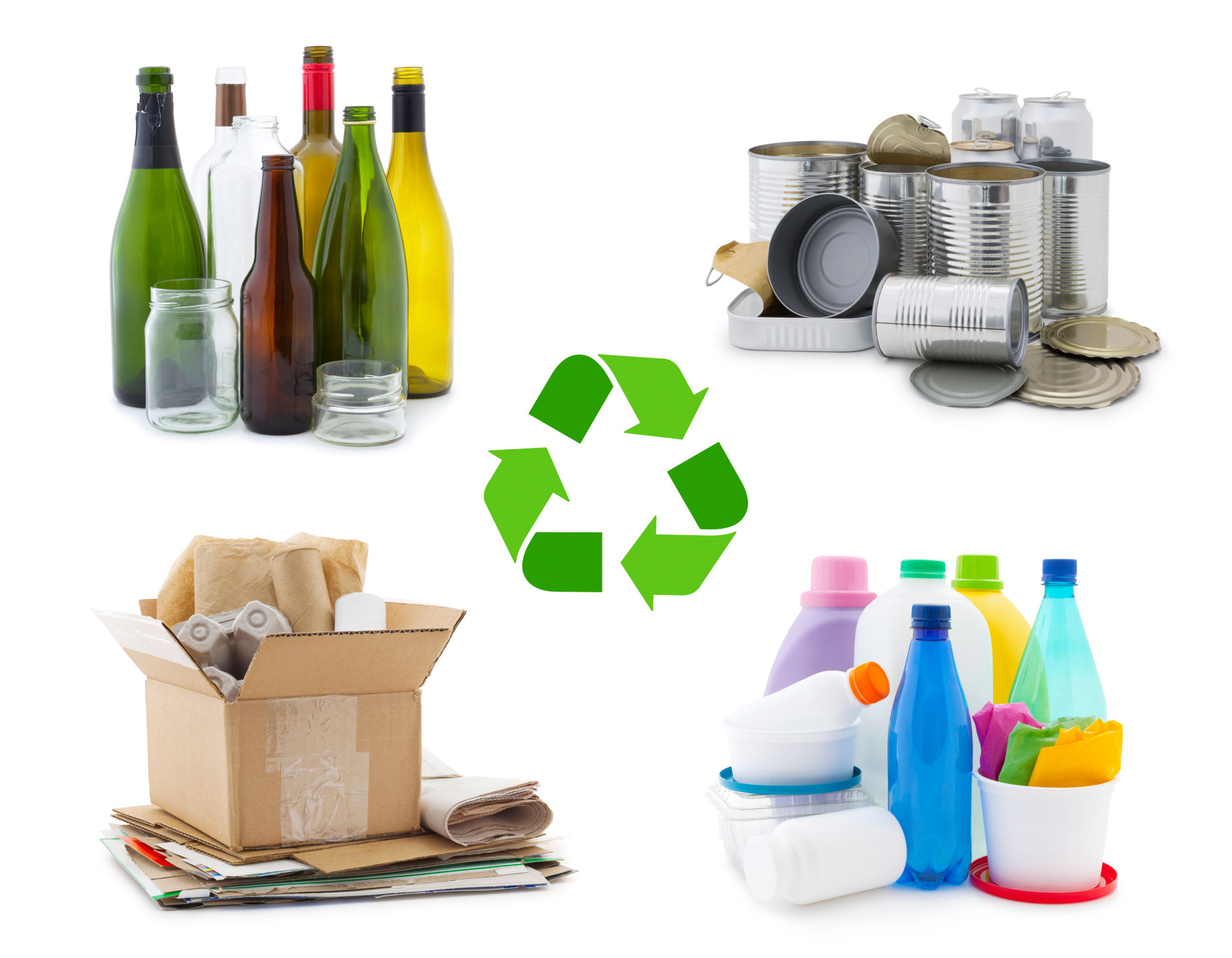Sustainable Practices: The Importance of Cooking Oil Recycling in Buckinghamshire
The Growing Need for Sustainable Practices
In today's world, the importance of sustainable practices cannot be overstated. As environmental awareness continues to rise, communities everywhere are seeking ways to reduce their impact on the planet. In Buckinghamshire, one such initiative gaining traction is the recycling of cooking oil. This innovative approach not only helps in waste reduction but also contributes to energy production and environmental protection.

Understanding Cooking Oil Recycling
Cooking oil recycling involves collecting used cooking oils from households and businesses and repurposing them. Instead of disposing of used oil down the drain, which can cause plumbing issues and environmental harm, recycling transforms it into biodiesel. Biodiesel is a renewable energy source that burns cleaner than traditional fossil fuels, reducing greenhouse gas emissions.
In Buckinghamshire, local authorities and private companies have set up collection points and services to facilitate this recycling process. These efforts are crucial in diverting waste from landfills and waterways, where it can cause significant damage.
The Environmental Benefits
Recycling cooking oil offers numerous environmental benefits. By converting used oil into biodiesel, we are not only reducing waste but also lessening our reliance on non-renewable energy sources. Biodiesel produced from recycled cooking oil can power vehicles and machinery, leading to a decrease in carbon emissions. This sustainable practice supports cleaner air and a healthier ecosystem.

Community Involvement and Awareness
The success of cooking oil recycling in Buckinghamshire depends heavily on community participation. Educating residents and businesses about the environmental impact of improper oil disposal is vital. Local initiatives often include:
- Workshops and seminars on the benefits of recycling.
- Door-to-door campaigns to collect used cooking oil.
- Collaborations with local restaurants to source larger quantities of used oil.
Such programs not only foster a sense of community but also empower individuals to contribute to sustainable practices proactively.
How to Participate in Cooking Oil Recycling
Residents of Buckinghamshire can easily participate in cooking oil recycling. Here’s how you can get involved:
- Collect your used cooking oil in a sealed container.
- Locate a nearby recycling point or schedule a collection service.
- Ensure the oil is free from contaminants like food particles or water.
- Drop off your container at designated locations or wait for collection.

The Economic Impact
Beyond the environmental benefits, cooking oil recycling also offers economic advantages. The production of biodiesel from recycled oil creates jobs in the collection, processing, and distribution sectors. Furthermore, businesses that engage in recycling practices often see reduced waste disposal costs and may qualify for certain incentives or tax breaks for their sustainable efforts.
This economic boost is beneficial not just for individual participants but for the wider community, contributing to a more robust local economy.
The Future of Sustainable Practices in Buckinghamshire
As Buckinghamshire continues to lead by example in sustainable practices, the hope is that more communities will adopt similar initiatives. Cooking oil recycling is just one step towards a greener future, but it’s a significant one. By embracing such practices, we are paving the way for generations to enjoy a cleaner, more sustainable environment.
The journey towards sustainability is ongoing, but with continued commitment and innovation, Buckinghamshire is well on its way to making a lasting positive impact on both the environment and the economy.